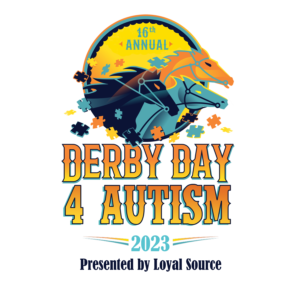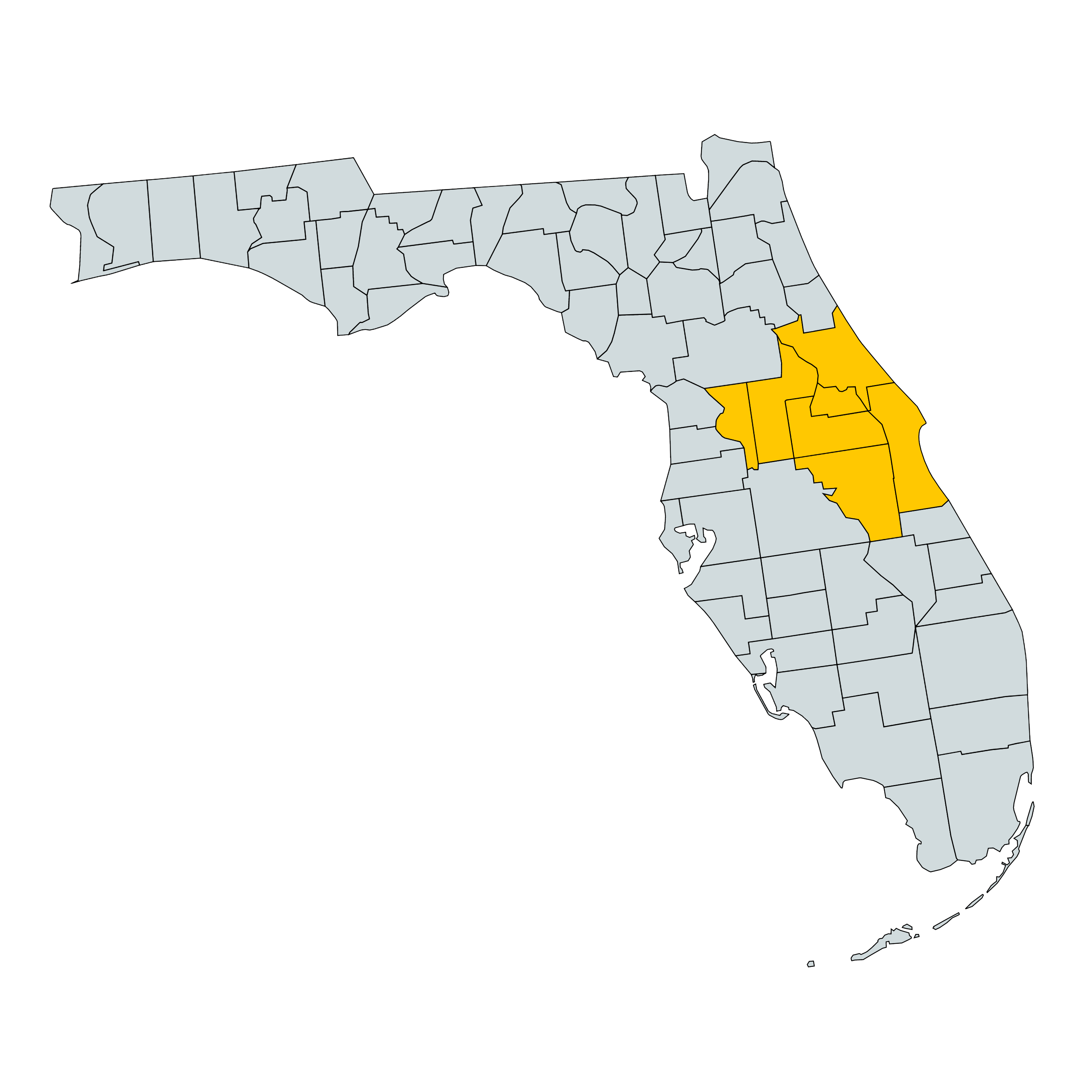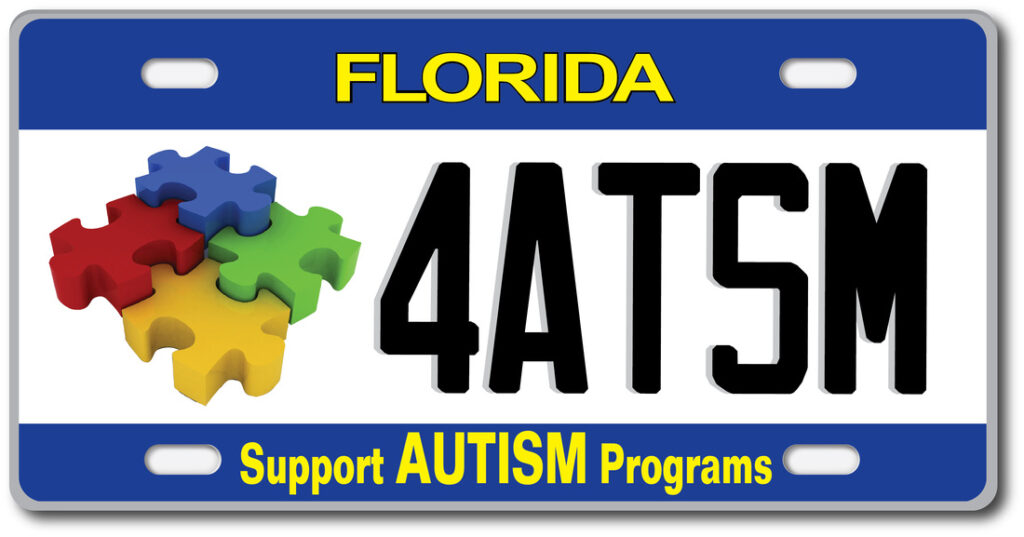Welcome to UCF CARD!
Florida's First Choice for Autism Supports.
Florida is home to many individuals with autism and related disabilities. In response to the needs of these people and their families, seven regional, nonresidential resource centers have been established.a
What's going on at UCF CARD? Check out the calendar!
RESOURCES
Our resource guide contains information on professional–from medical specialists to barbers and swim instructors–who are familiar with ASD.
The difference between our resource guide and others is that providers in our guide must be recommended by at least two families already affiliated with CARD
NEWSLETTER
Want to see what is new at CARD? View Upcoming Education Seminars and Support Groups in this month’s newsletter.
Interested in family outings, adult events & other community offerings? Check out our CARD Community Connector!
WHAT WE DO
The Center for Autism and Related Disabilities at the University of Central Florida provides support to the Central Florida area, including Brevard, Lake, Orange, Osceola, Seminole, Sumter and Volusia Counties.
UCF CARD was established by the Florida Legislature in 1998 and is governed by Section 1004.55, Florida Statutes and Rule 6A-7.0335, Florida Administrative Code.
How Do I Register?
Children and adults with Autism Spectrum Disorders residing in Central Florida can register to receive individualized consultative support from one of our ASD Specialists.
This is the typical way our registration process works. If you or your child has been diagnosed with ASD:
Register – There is no charge for our services. Call our office at 407 823 6011 or click the register here button. We will collect some information and send you a welcome packet.
Return Documents – you will need to provide proof of diagnosis if over age 8. If you are seeking diagnosis, call us. We can recommend local evaluators.
Complete Orientation – Our welcome packet includes a link to our virtual orientation. After you complete orientation and return your documents, we will contact you to schedule your initial consultation (currently by phone or HIPAA protected Zoom).
Initial Consultation – During your initial consultation, you will have a chance to explain your needs to your ASD Specialist, and to work together to create an action plan or identify resources to help you meet your needs.
Attend our Seminars–Our seminars are designed to give you skills and knowledge to improve outcomes.
Contact your ASD Specialist as needs arise. You and your family will go through many phases of life. You can call us for additional consultation, training, and other assistance as needed.

Hurricane Idalia is Coming!
How can I explain the storm to my child?

¡Se acerca el huracán Idalia!
¿Cómo puedo explicar la tormenta a mi hijo?

O furacão Idalia está chegando!
Como posso explicar a tempestade ao meu filho?

About ASD
Autism Spectrum Disorder or ASD is a condition defined by abnormal or impaired development in social interaction and communication and the presence of repetitive behaviors and restricted interests.
Read more about what UCF CARD ASD Specialists do to support our families, adults and communities in this article by Megan Scavo
This short video is portrayed by actors and based on actual stories told by parents who use the Center for Autism and Related Disabilities (CARD)
This video offers advice for parents who have children who are newly diagnosed with Autism, and includes basic practices from parents on how to use the CARD resources.
Contact Us
Research Pavilion
12424 Research Parkway
Suite #365
Orlando, FL 32826-2202



